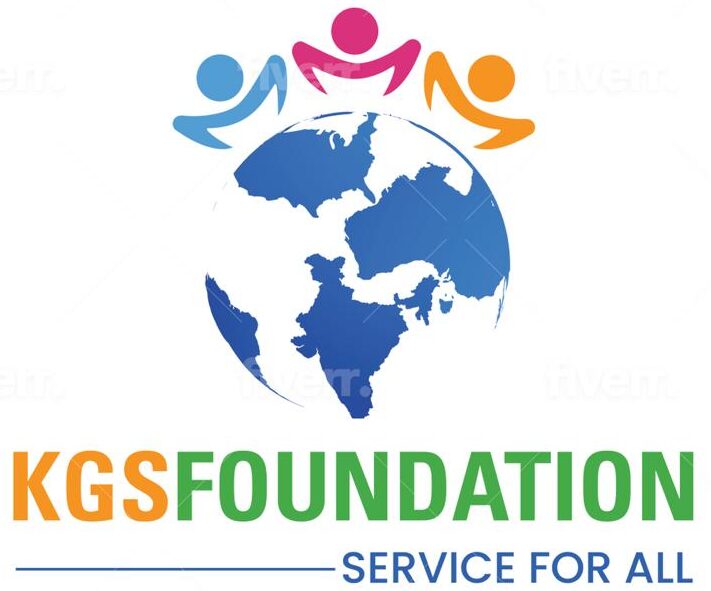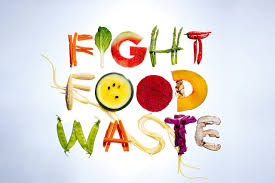Introduction:
Hunger is a complex and pervasive issue that affects millions of individuals worldwide, with far-reaching social, economic, and health consequences. While addressing immediate food needs is crucial, tackling the root causes of hunger is essential for creating sustainable solutions that break the cycle of food insecurity. In this article, we explore how KGS Foundation’s Awareness Campaign is addressing the underlying factors contributing to hunger and working to build a future where everyone has access to nutritious food and opportunities for a better life.

Understanding the Root Causes of Hunger:
Poverty and Income Inequality:
- Poverty is one of the primary drivers of hunger, with millions of individuals living below the poverty line unable to afford an adequate diet. Income inequality exacerbates the problem, as marginalized communities often lack access to economic opportunities and resources to meet their basic needs.
Food Inaccessibility and Affordability:
- Limited access to nutritious food is a significant barrier for many individuals facing hunger. Food deserts, characterized by a lack of grocery stores and fresh produce, disproportionately affect low-income communities, making it challenging to access healthy food options.
Unemployment and Underemployment:
- Unemployment and underemployment contribute to food insecurity by limiting individuals’ ability to earn a living wage and support themselves and their families. Lack of stable employment opportunities leaves many individuals struggling to afford food and other essential expenses.
Lack of Social Safety Nets:
- Inadequate social safety nets, such as food assistance programs and social welfare services, leave vulnerable populations at risk of hunger and food insecurity. Limited access to government support exacerbates the challenges faced by individuals and families living in poverty.
Addressing Root Causes Through KGS Foundation’s Awareness Campaign:
Building Partnerships with Food Businesses:
- KGS Foundation collaborates with restaurants, hotels, and food businesses to redirect surplus food to those in need. By providing training and resources to businesses on food waste reduction and donation practices, the campaign ensures that excess food is utilized to feed underprivileged individuals rather than being discarded.
Promoting Sustainable Agriculture and Food Systems:
- The campaign advocates for sustainable agriculture practices that increase food production while minimizing environmental impact. By supporting smallholder farmers, promoting agroecological techniques, and investing in local food systems, KGS Foundation works to improve food access and resilience in communities.
Empowering Communities Through Education and Training:
- Education and training initiatives play a crucial role in addressing the root causes of hunger by empowering individuals with the knowledge and skills to improve their food security. KGS Foundation provides workshops, vocational training, and educational programs that equip individuals with the tools they need to grow their own food, access nutritious meals, and advocate for policy change.
Advocating for Policy Change:
- The campaign advocates for policy reforms that address systemic issues contributing to hunger and food insecurity. By lobbying policymakers, mobilizing grassroots support, and raising awareness about the importance of food justice, KGS Foundation works to enact policies that promote equitable access to food, economic opportunity, and social welfare services.
Conclusion:
Breaking the cycle of hunger requires a multifaceted approach that addresses the root causes of food insecurity and empowers communities to build a more resilient and equitable food system. Through its Awareness Campaign, KGS Foundation is working tirelessly to tackle poverty, food inaccessibility, unemployment, and inadequate social safety nets, laying the foundation for a future where everyone has access to nutritious food and opportunities for a better life. By building partnerships, promoting sustainable agriculture, empowering communities, and advocating for policy change, we can create a world where hunger is a thing of the past and all individuals can thrive.



